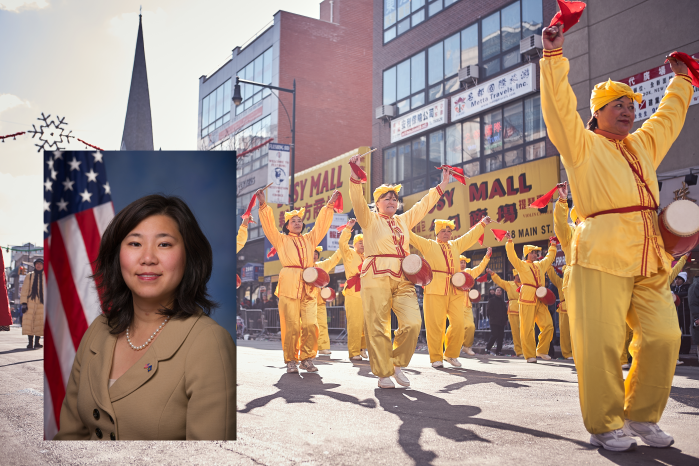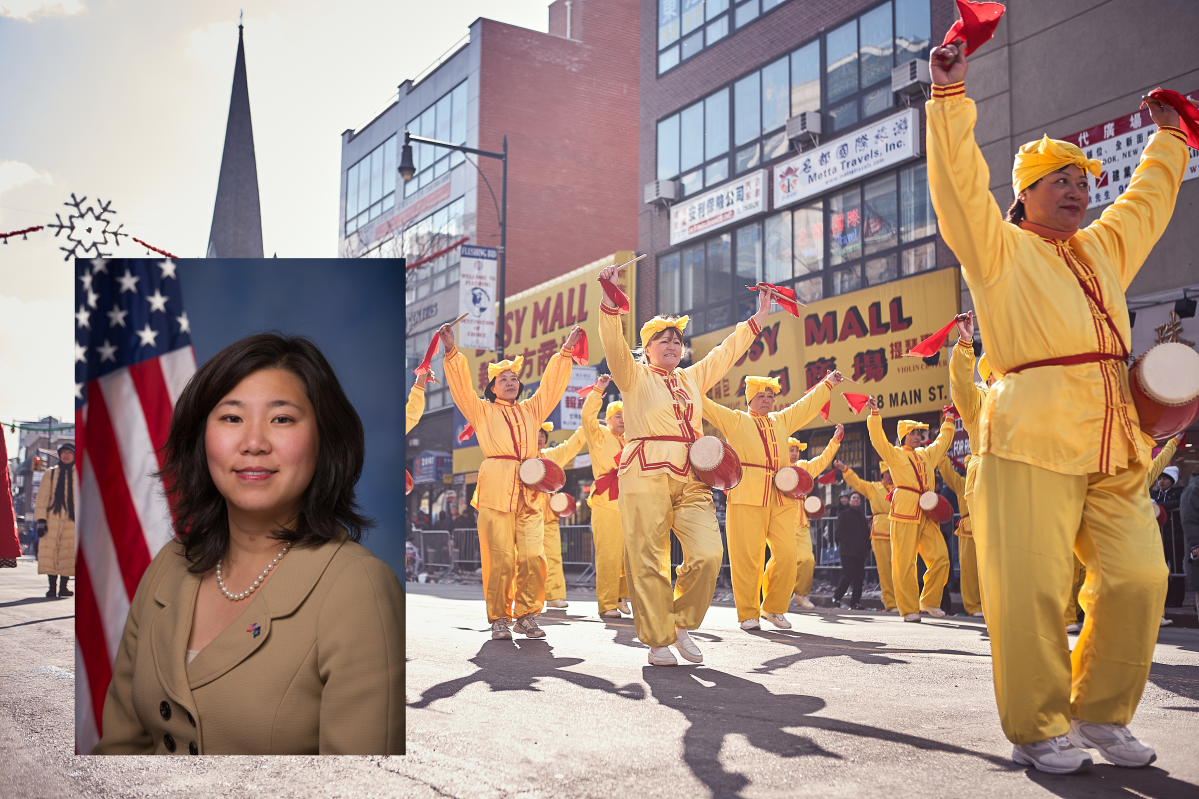“I think what’s great about the film is though there have been a lot of things done on Bob, I think this one will give people a more emotional connection to Bob’s life as a man – not just as a reggae legend or a mythical figure, but his life as a man.”
Bob Marley’s eldest son Ziggy describes the new documentary about his iconic, musician, father as ‘the most definitive.”
Credited as co-executive producer with Chris Blackwell, Ziggy along with his sister Cedella are among a long list of insiders who offer reflections on their associations with the musician.
Through a much-too long 145-minute documentary, the collaborative feature unites Magnolia Pictures, Tuff Gong Productions, Shangri-La Entertainment and Cowboy Films for a biopic on Jamaica’s most celebrated musician/singer.
Marley’s adult life is relayed by his widow, lovers, associates, collaborators and individuals who associated with the legendary Rastafarian, songwriter, singer, musician, husband, father and son.
Much of the reflections are recycled interviews or restated comments by his widow Rita, lover Cindy Brakespeare, Island Records label head Blackwell, back-up singers Judy Mowatt and Marcia Griffith, and music partner, associate producer Neville “Bunny Wailer” Livingston.
Allegedly more than 60 individuals were interviewed.
However, most engaging, refreshing and new are statements made by relatives Constance and Peter, who are identified to be a half sister and cousin from Bob’s paternal side.
Of the interview, his cousin Peter said, “Nobody had thought to speak with me before.”
And Constance after listening to her brother’s recording of “Cornerstone” was informed the significance of the lyrics to her family.
McDonald may have scored a winner with interviews by African Princess Pascalene, the daughter of Gabon’s President Omar Bongo.
Her revelations about Marley and his band performing in the renowned African dictatorship is perhaps one of the most interesting of the document.
Along with reflections from a nurse who tended to the ailing musician while he sought treatment in Germany; ‘baby mother’ Pat Williams, who birthed a son named Robert Marley; and Dudley Sibley, a studio janitor whose exclusive in the film reflected on his friendship with Marley during a one-year period they shared a room living in a back space at Studio One Recording Studios.
“Nobody had ever interviewed him before,” McDonald said.
Others include Marley’s eldest child, Cedella, his mother Cedella Booker, graphic artist Neville Garrick and attorney Diane Jobson who gleaned revealing nostalgia that may enlighten fans of the acclaimed first Third World superstar.
Ziggy spoke candidly about his childhood memories of his famous father.
He was able to impart a human aspect to the individual most regard as a prophet, revolutionary, superstar, legend and iconic personality.
How Marley relentlessly tested his mettle against his youths’; that he fiercely engaged his children in competitive athletic practices by racing or playing soccer and how he rarely portrayed the compassionate, ‘daddy’ perhaps more prevalently projected.
His sister Cedella lauded her mother for the tolerance and grace she exhibited despite her husband’s flagrant disregard for their marriage vows.
“I said to her, ‘mom they don’t make women like you anymore,’ Cedella said. “I guess, back in the 60’s, when you fall in love like that, you fall in love, you know?”
None of the reported 20 offspring or nine legally acknowledged are featured in the film.
However, a notation that Bob Marley had 11 children by seven different women punctuated details not included in the biopic.
Fans will enjoy the concert footage, imagery, music and dialogue. Subtitles provide interpretation to the Jamaican patois that prevails throughout.
Snippets of Lee “Scratch” Perry in his studio, the One Love peace concert and the arrival of Ethiopian Emperor HIM Haile Selassie to Jamaica are vividly repeated.
Initially announced in February 2008 for production by director Martin Scorcese, the documentary arrives two years later than its initial release date and without the effort of the famous filmmaker. At that time Scorcese said the document would be completed in time for release on Marley’s 65th birthday anniversary in 2010.
But Scorcese bowed out of the project and was replaced by Jonathan Demme.
That association also proved short-lived when reportedly, Demme cited creative differences with producer Steve Bing during the beginning of editing.
McDonald is probably best-known for his direction of “The Last King of Scotland” which earned an Academy Award for actor Forest Whittaker for his role as Idi Amin, president of Uganda.
Other films he has been associated includes: Russell Crowe’s “State of Play,” in 2009 and last year “The Eagle” which starred Channing Tatum.
With much of the footage already in wide release, much could have been snipped enabling a wide cinema run at theaters across the country.
Slated for a world premiere at the Berlin Film Festival this month, followed by its U.S. debut at the SXSW event, “Marley” will be included in the preview schedule for a Jamaica 50 celebration on the island. A free, screening at Emancipation Park in Kingston will be held on April 19.
The following day, the film will make its theatrical release here and will be available on VOD (video on demand).
“I feel that one of the reasons Bob has lived on is because he speaks to the oppressed people of the world, be they in the United States, or Britain or Germany, but more than anything else, he speaks to people in the developing world who feel like they’ve been given a bum deal, who feel like they’ve been hopped over by the west or whatever,” filmmaker McDonald said.
“And here’s a voice telling them, ‘your turn will come. You’re down now but you’re going to get up there.”
Catch You On The Inside!

























